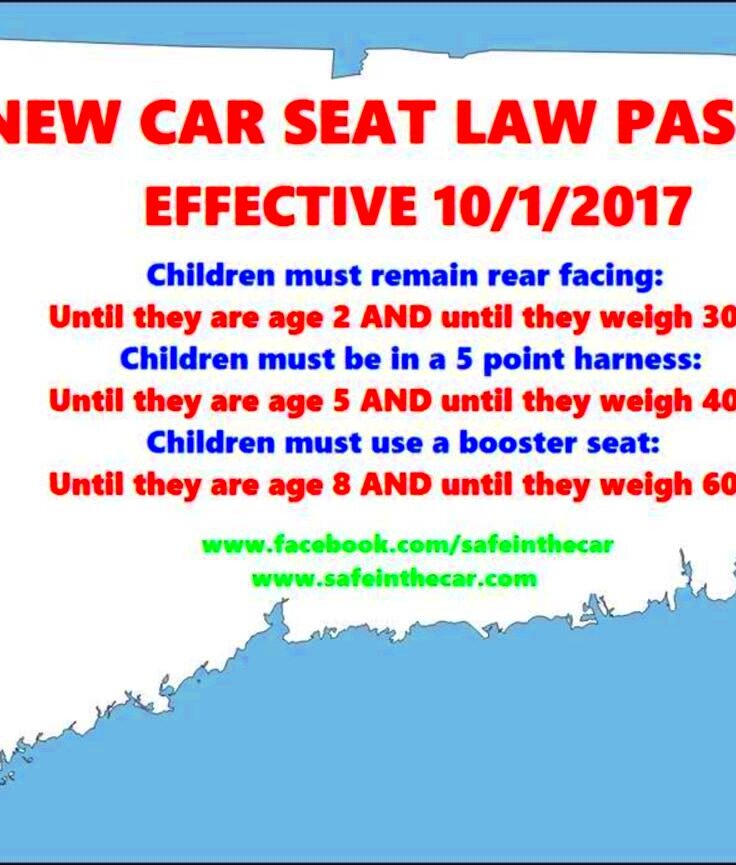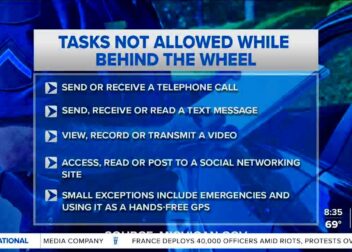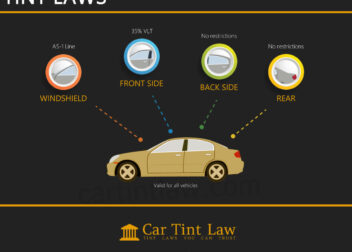Connecticut Car Safety Seat Laws Demystified
Being a parent is not easy and the constantly changing car seat laws make it even more challenging. In Connecticut these laws are stringent but essential for keeping our children safe. Believe me there’s nothing more stressful than worrying about your child’s safety while driving. You might find yourself questioning, “Am I doing this correctly?” Rest assured these laws are designed to assist you rather than bewilder you.
In Connecticut children under 2 years old who weigh less than 30 pounds are required to be in a rear facing car seat. For kids aged 2 to 4 years old weighing between 30 to 40 pounds a forward facing seat is necessary. Booster seats are obligatory for children aged 5 to 7 weighing under 60 pounds. Once your child surpasses these weight and age limits they can start using a regular seat belt but only in the back seat until they reach the age of 12.
While it may seem overwhelming to remember all this, it’s ultimately about safeguarding your child.
When to Transition Your Child Between Car Seats
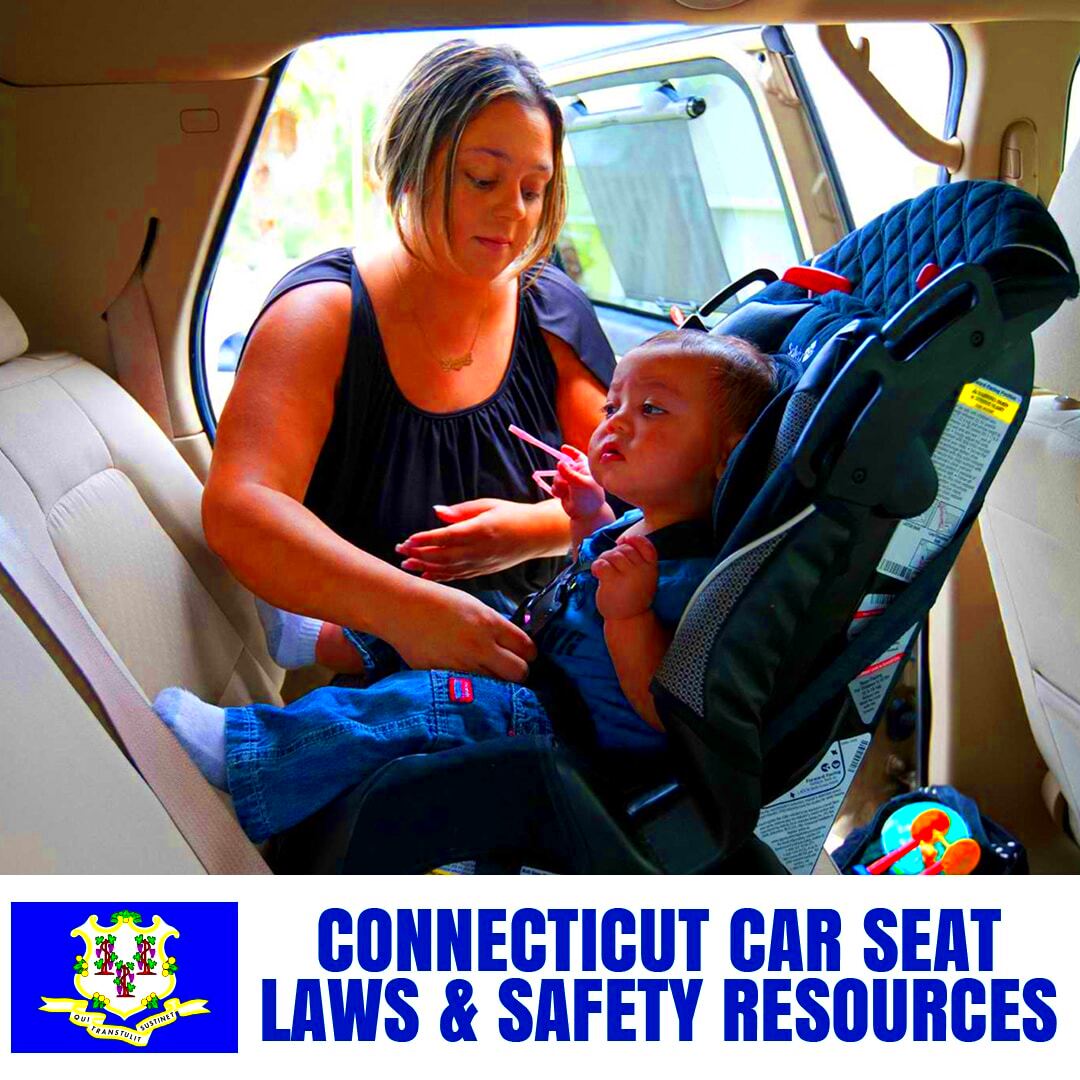
In Connecticut it’s recommended to begin with a car seat positioned facing the rear for as long as feasible preferably until your child turns 2 years old. This provides enhanced safety for the head, neck and spine. Once your little one weighs 30 pounds it’s time to transition to a forward facing seat. You’ll keep using this seat until your child reaches approximately 40 pounds or around 5 years of age. After that they can switch to a booster seat until they reach 60 pounds which typically occurs around 7 or 8 years old.
- Rear-facing: Birth to 2 years (up to 30 pounds)
- Forward-facing: 2 to 5 years (30 to 40 pounds)
- Booster seat: 5 to 7 years (up to 60 pounds)
Its crucial to adhere to these transitions as rushing into them could expose your child to unnecessary dangers in the event of an accident.
Fines and Penalties for Non-Compliance with Car Seat Laws
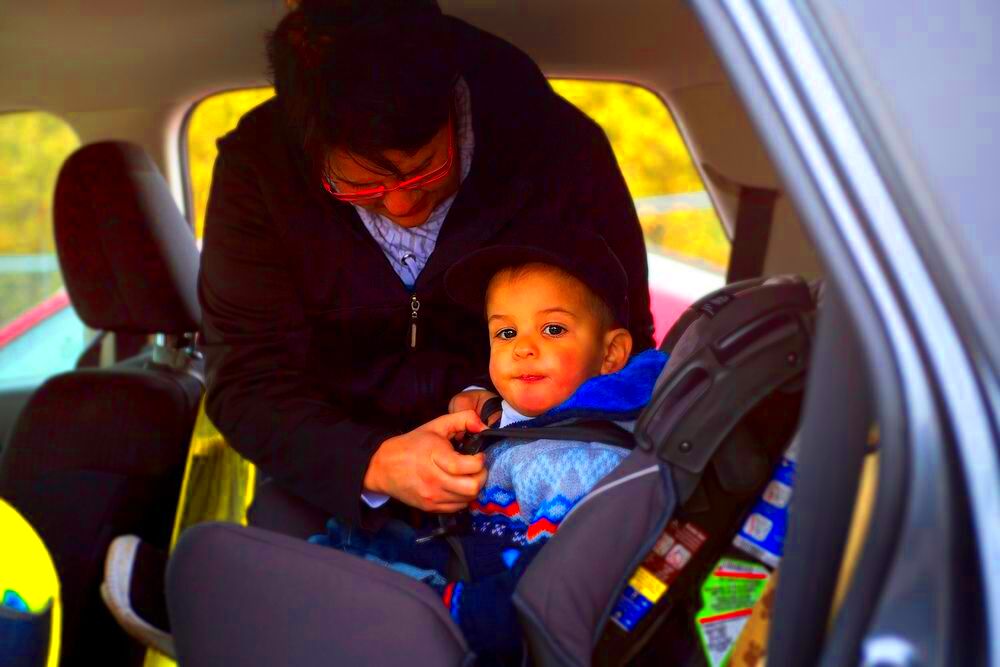
If you get caught not playing by the rules the penalties begin at 92 bucks for a first time offense. But that’s not all. If you rack up violations you might have to take safety courses and face more consequences. In severe cases habitual offenders could end up with points on their driving record leading to higher insurance premiums later on.
To steer clear of any repercussions it’s crucial to stay well informed about the most recent regulations. And let’s face it even in the absence of penalties wouldn’t you want to go above and beyond to ensure your childs safety?
| Violation | Penalty |
|---|---|
| First Offense | $92 Fine |
| Second Offense | Mandatory Safety Course |
| Subsequent Offenses | Increased Fines & License Points |
Before you head out on the road, make sure to double-check that your child’s car seat is securely installed and complies with the law. Prioritizing safety is key.
Exemptions and Special Circumstances Under Connecticut Car Seat Laws

While we strive to adhere to the regulations strictly life can be quite complex, can’t it? Connecticuts car seat laws do have certain exceptions and being aware of them can be crucial, particularly when you or your child encounter circumstances. Take for instance my neighbor who has a child with medical requirements. She was concerned that the usual car seat laws might not suit her familys needs.
If a kid has a health issue that makes it impossible to use a regular car seat moms and dads can get an exception. However you cant just bend the rules for convenience sake. A doctor needs to give proof explaining why the child cant safely sit in a regular seat. Likewise there are situations, such as when you have to transport a child in a car without a car seat on hand that may be looked at individually but its always wise to steer clear of these risky situations whenever possible.
If you’re providing a service like a taxi or bus driver you may occasionally have kids on board. In Connecticut taxis and public transport aren’t mandated by law to offer car seats. Nevertheless as a parent it’s your duty to make sure your child stays protected, even if the law permits certain exceptions.
Never forget that these regulations are not intended to be a hindrance but rather a safeguard. Even in unique situations upholding safety should always take precedence.
Understanding the Role of Law Enforcement
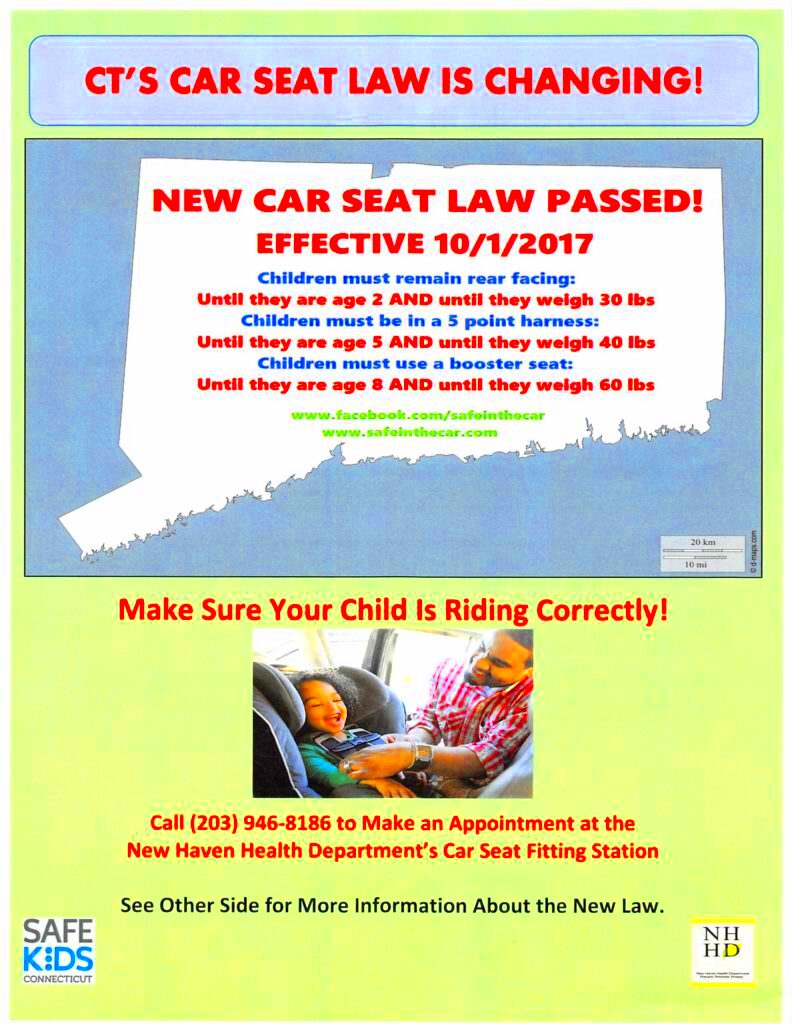
Car seat laws are not solely the responsibility of parents or guardians to ensure the safety of children. Law enforcement also plays a role in this matter. I had an experience where I got pulled over for speeding and instead of receiving a ticket the officer checked whether my child was securely fastened in the car seat. Although it was a moment that startled me I genuinely appreciated the officers concern for my child’s well being.
Law enforcement personnel undergo training to identify improper car seat setups or breaches of Connecticuts safety regulations. If they observe an issue during a routine traffic stop they have the authority to impose fines. However their responsibilities extend beyond mere enforcement. Numerous police departments engage in initiatives aimed at the community providing complimentary car seat inspections to verify proper installations. Believe me these minor tweaks can significantly enhance safety.
Law enforcement officers recognize that parents aren perfect and their aim isn solely to issue fines. Their focus is on providing guidance and promoting adherence to the rules. It reassuring to know that the police are looking out for your child particularly when it comes to navigating these regulations.
Tips for Proper Car Seat Installation and Usage
Putting in a car seat can be a bit tricky, like trying to put together a puzzle. If you’re anything like me, you might find yourself doubting every strap and buckle along the way. I’ve had my fair share of struggles with car seats in parking lots, making sure that every latch is secured just right. It turns out to be tougher than it looks and one of the problems that parents commonly encounter is not installing it correctly.
Here are some suggestions that have proven useful to me throughout the years.
- Read the manual: Both the car seat’s and your vehicle’s. They often have specific instructions for proper installation.
- Use the right seat for your child’s age and size: Double-check that your child is within the weight and height limits for the seat you’re using.
- Check the angle of the seat: Rear-facing car seats need to be installed at a certain angle to protect your baby’s head and neck. Most seats come with angle indicators or adjusters.
- Tighten the straps: The harness should be snug enough that you can’t pinch any extra material. Loose straps won’t keep your child safe in a crash.
- Get it checked: Many local fire departments or police stations will check your car seat installation for free. It’s worth the peace of mind.
Taking a bit of extra time to ensure the seat is installed correctly is it? After all, your child’s safety is priceless. And once everything is set up you can hit the road knowing that your little one is snug and secure.
What Connecticut’s Car Seat Laws Mean for Parents of Children with Disabilities
Raising kids is tough, but if you have a child with disabilities it can be like entering uncharted territory. A friend of mine has a son who has cerebral palsy and she frequently stresses over keeping him secure during car rides. While Connecticut’s car seat regulations consider the specific requirements of children with disabilities grasping the details of how these laws work is essential.
In Connecticut if a child has a medical condition that makes it difficult for them to use a car seat there are exceptions to the law. However it’s important to have a note from a doctor or a medical certificate explaining why your child can’t use a regular car seat. This paperwork is crucial to prove to the authorities that you are following the law, even if your child is not in a standard car seat.
In situations like these it may be essential to have car seats or restraint systems specifically tailored for children with disabilities. The most important thing is to make sure that whichever seat or device you choose offers the utmost safety for your child. Although the law provides some leeway prioritizing safety should always come first. If you’re uncertain about the seat option for your child there are numerous organizations available that offer assistance and resources for parents facing such circumstances.
In essence these regulations are designed to safeguard your child no matter their circumstances. Feel free to consult your doctor or a child safety specialist for guidance.
Frequently Asked Questions about Connecticut Car Seat Laws
Car seat regulations can be tricky and I frequently come across parents seeking clarification on similar matters. Let’s address some of the worries to help you feel assured that you’re making the right choices.
1. At what age can my child switch to a booster seat?
Usually kids can switch to a booster seat when theyre around 5 to 7 years old provided they weigh over 40 pounds but under 60 pounds. It’s important to consider their height along with weight to determine if they’re prepared for the seat.
2. Can I use a second-hand car seat?
Although it might appear to be a choice buying used car seats are typically discouraged. If you decide to go for one ensure that it hasn’t been involved in any accidents is not past its expiration date and still complies with safety regulations. It’s always best to check with the manufacturer if you have any doubts.
3. What happens if I don’t follow the car seat laws?
Not following Connecticuts car seat regulations can lead to fines beginning at 92 for a first violation and harsher consequences for repeated offenses. However apart from the penalties the significant concern lies in putting your childs safety at risk.
4. How do I know if my car seat is installed correctly?
In Connecticut numerous police stations and fire departments provide inspections for car seats at no cost. Its an excellent opportunity to make sure everything is properly positioned and secure without having to doubt your own judgment.
When it comes to keeping your child safe no concern is too minor. If something feels off dont hesitate to reach out for assistance.
Conclusion
Ultimately safeguarding our children on the road is a shared responsibility and Connecticuts car seat laws serve as our guide in this endeavor. Although it can be daunting these regulations are in place for a purpose – to protect what matters most to us. With the knowledge, some patience and a commitment to safety we can ensure our little ones are protected whether its a jaunt to the store or an extended family road trip. And believe me the reassurance that comes with it is truly invaluable.
